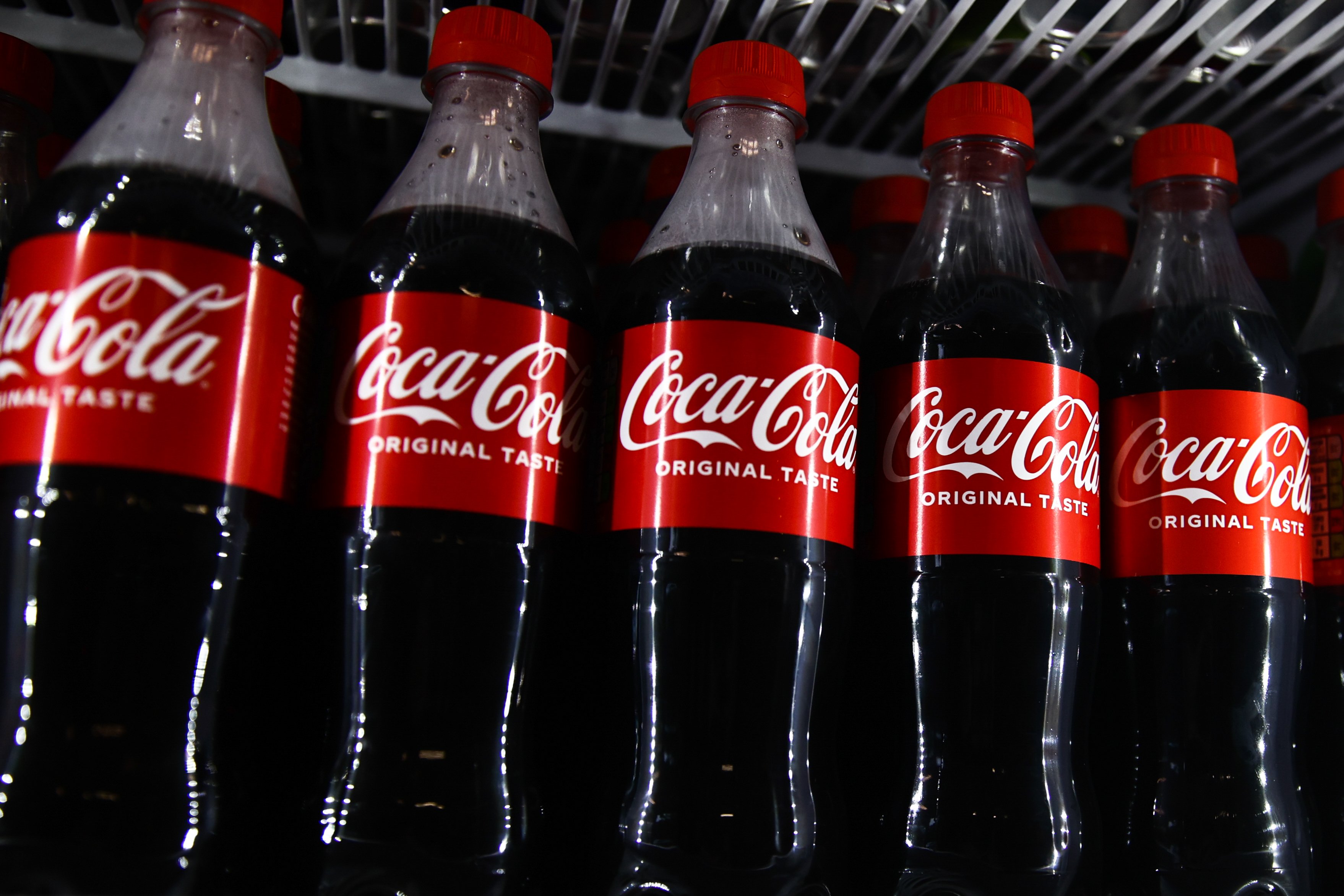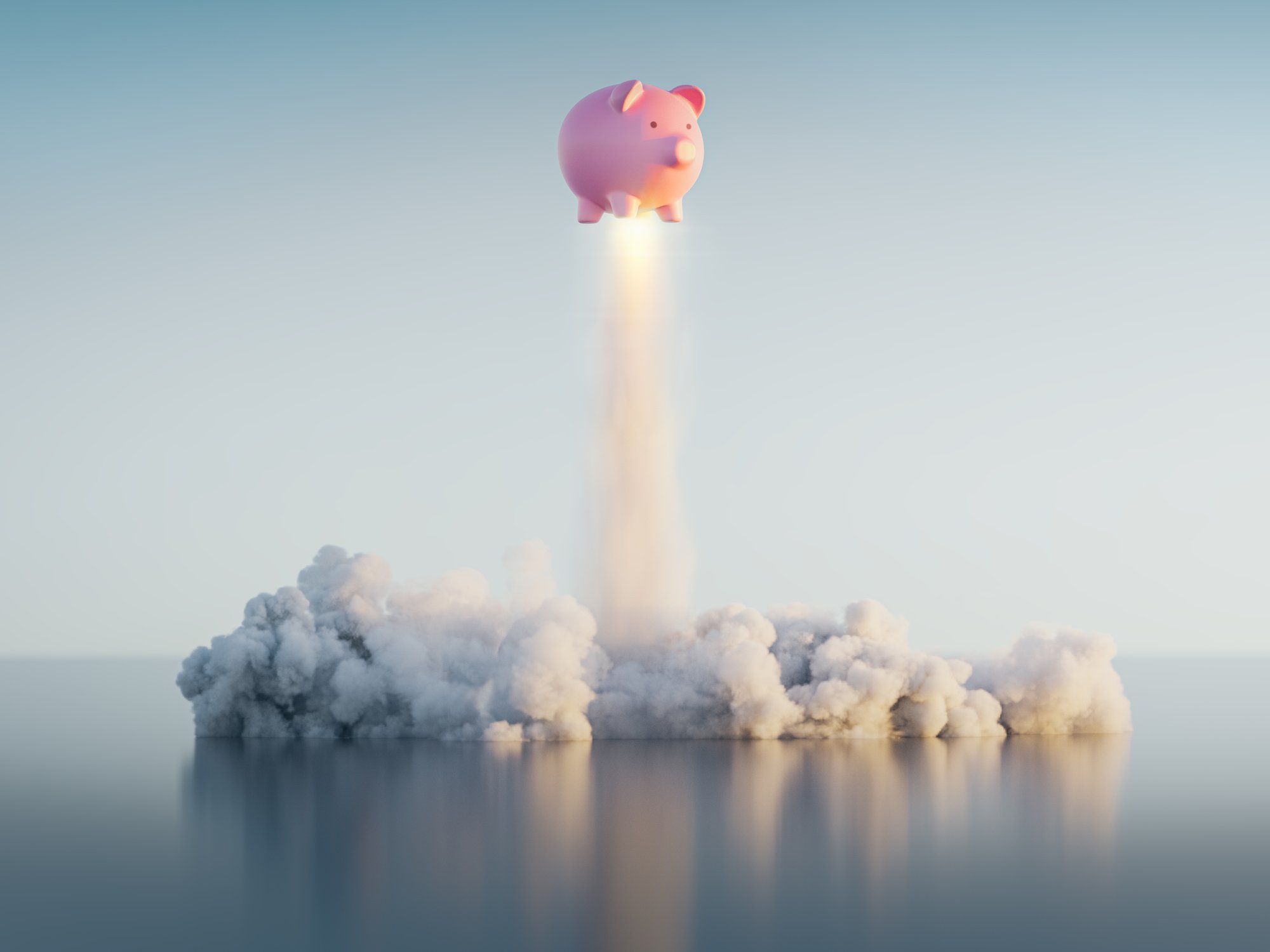Coca-Cola (KO +1.44%) reported earnings before the opening bell rang on Tuesday. Here's what you need to know about the company's results, and why the shares were down immediately after the earnings release.
Mixed results
Coke shares were down roughly 2.5% after the company issued its quarterly report Tuesday morning. The company delivered $0.45 per share for the fourth quarter. Analysts pegged profits for Coke at $0.44 per share this quarter. Global sales volume rose 3% for the quarter, despite considerable weakness in Europe. Coke posted fourth-quarter revenue gains of just under 4%.
Global diversification pays off
Even though soda sales at U.S. stores were down 0.6% in 2012, with December alone accounting for a 2.8% sales slump, Coke's overall North American sales volume was actually up 1% in Q4 2012. The main driver behind this growth was an 8% volume increase in noncarbonated beverages, attributed to a surge in Powerade sales. Meanwhile, North American carbonated beverages experienced weakness.
Coca-Cola's fourth-quarter earnings announcement also showcased strong volume growth for several key emerging markets -- Thailand and India grew at 22% and 16%, respectively. Disappointingly, Coke suffered volume declines in China. But a slowing Chinese economy and some seasonal cyclicality may have factored into the Asian nation's results.
Sales outside the U.S. comprise about 80% of the cola giant's worldwide volume, but the company is aggressively pursuing growth in relatively untapped emerging markets. Both Coke and PepsiCo (PEP +0.75%) have stepped up investments in crucial emerging markets, namely India. In Coca-Cola's quest to double both revenue and volume in a decade, it plans to spend $5 billion in India alone by 2020.
In the earnings call, the company noted that growth continued in countries with per capita consumption less than 150 eight-ounce servings per year of Coke products . By comparison, the average U.S. consumer drinks 403 servings annually.
But even though the company saw weakness in North American sparkling beverages, Europe, and China, global diversification remains a huge strength of Coca-Cola's.
Pop in noncarbonated drink sales
Sales of noncarbonated drinks like Powerade helped offset more sluggish demand for sparkling beverages. Since noncarbonated drinks are growing at a faster rate than carbonated, Coca-Cola's future success rests in the breadth and depth of its noncarbonated products.
Sure, Coca-Cola is still heavily dependent on carbonated colas. But the company has grown its noncarbonated portfolio. As consumers become more calorie- and health-conscious, the company is striving to meet this growing demand with products like Powerade, Honest Tea, Simply Orange, and, most recently, Zico coconut water. I expect to see more noncarbonated product rollouts like these in the coming years.
Foolish bottom line
Coke investors may be feeling sluggish after today's earnings announcement. But long-term investors know that a one-day decline is only a drop in the bucket compared to a stock's overall performance.







